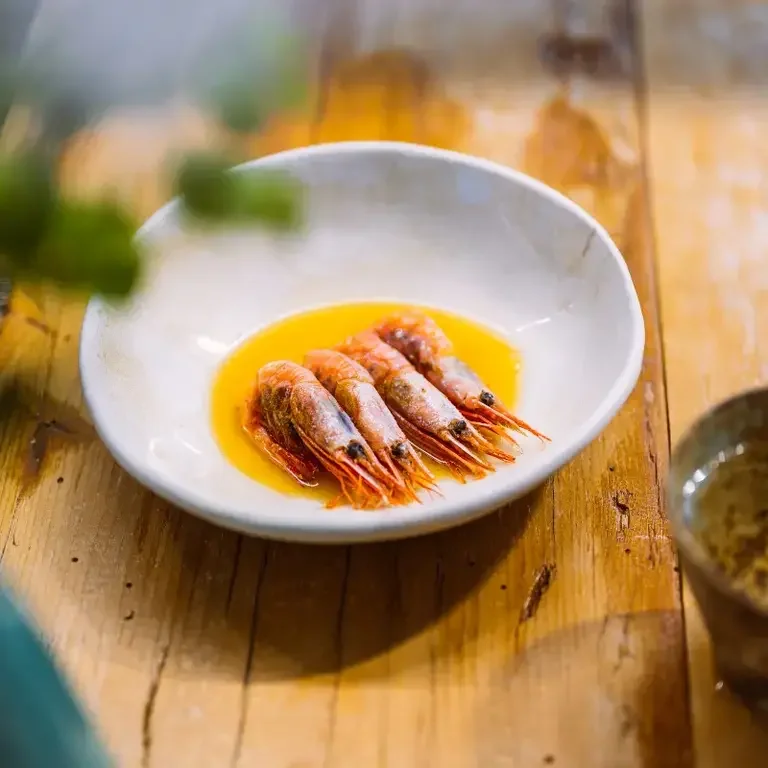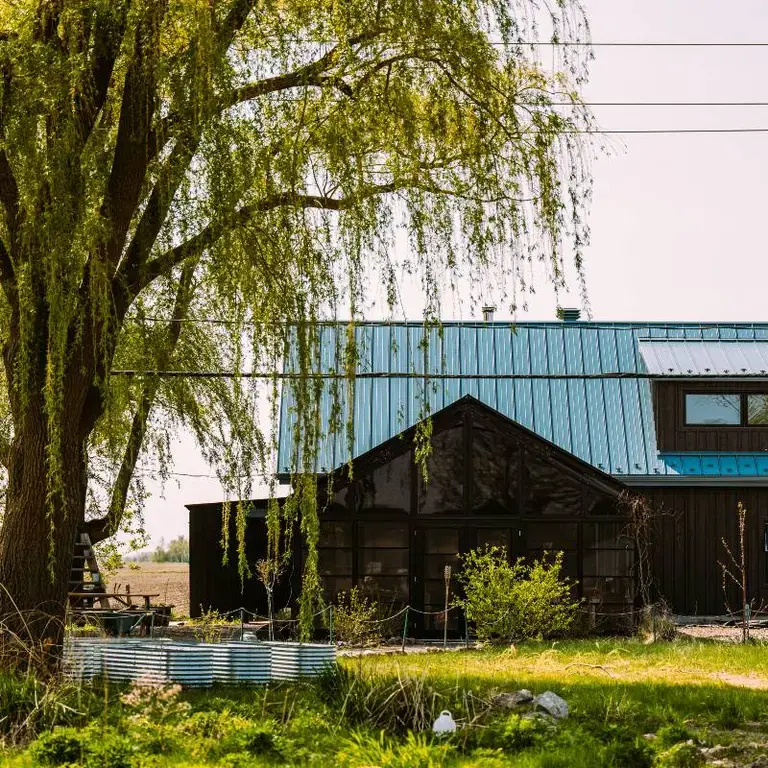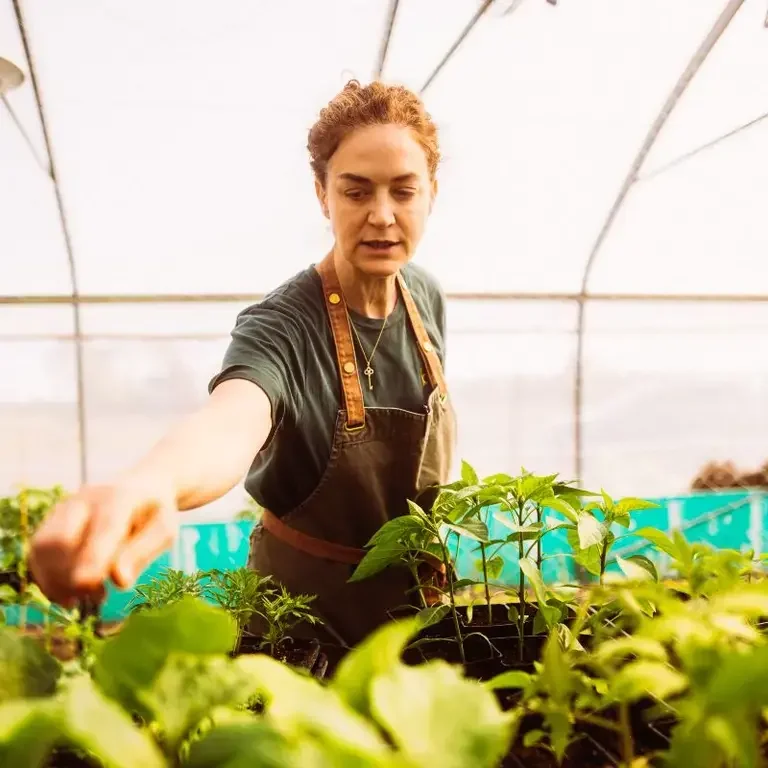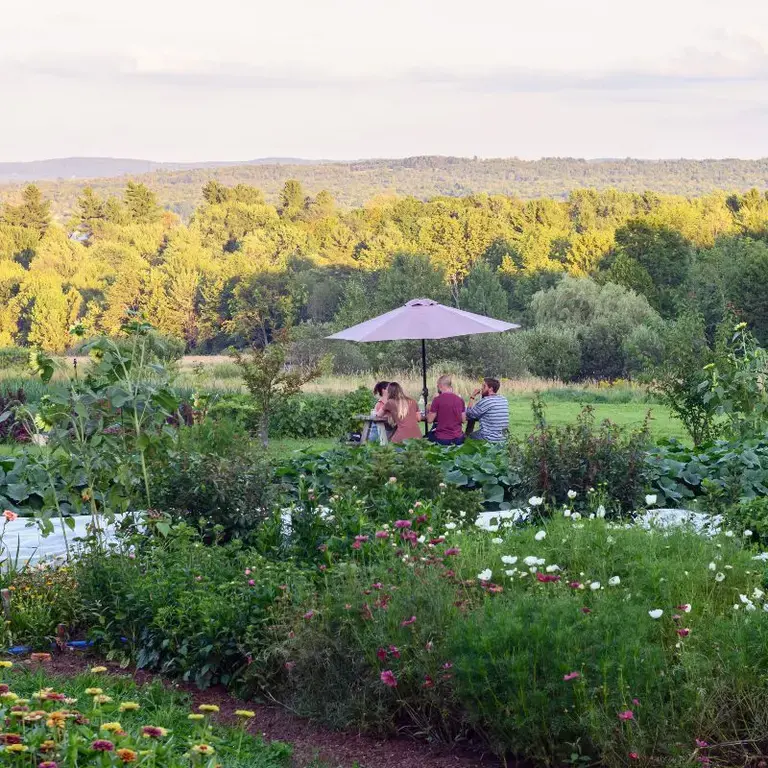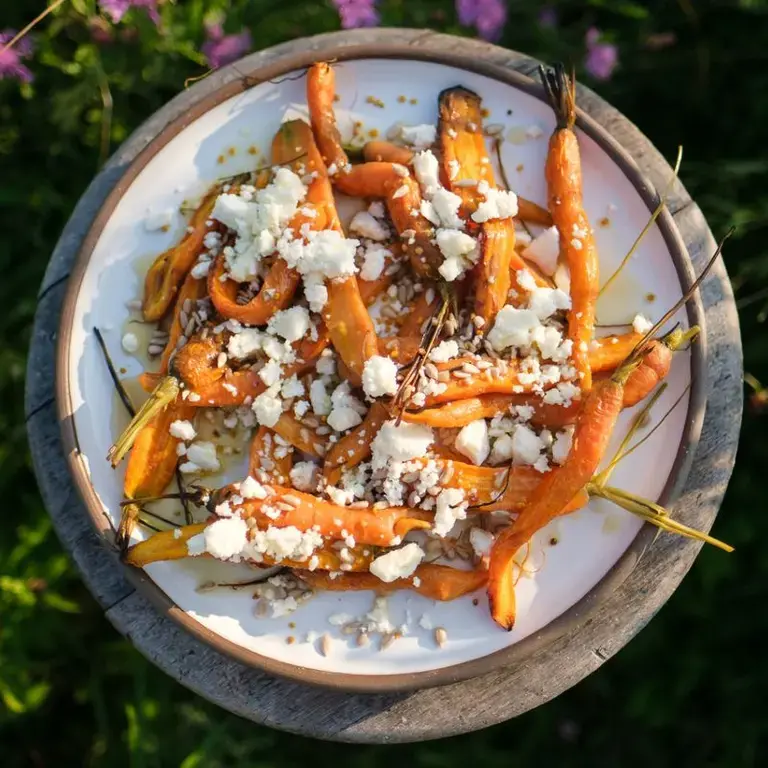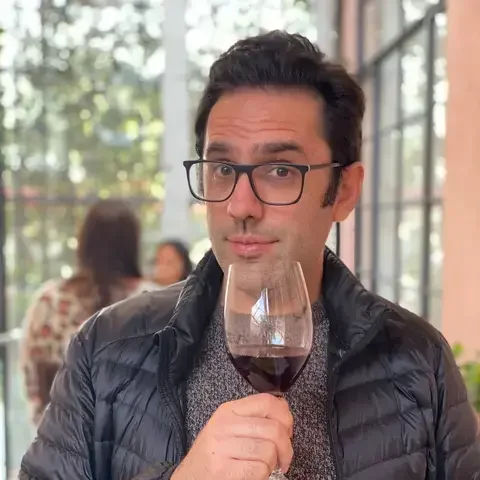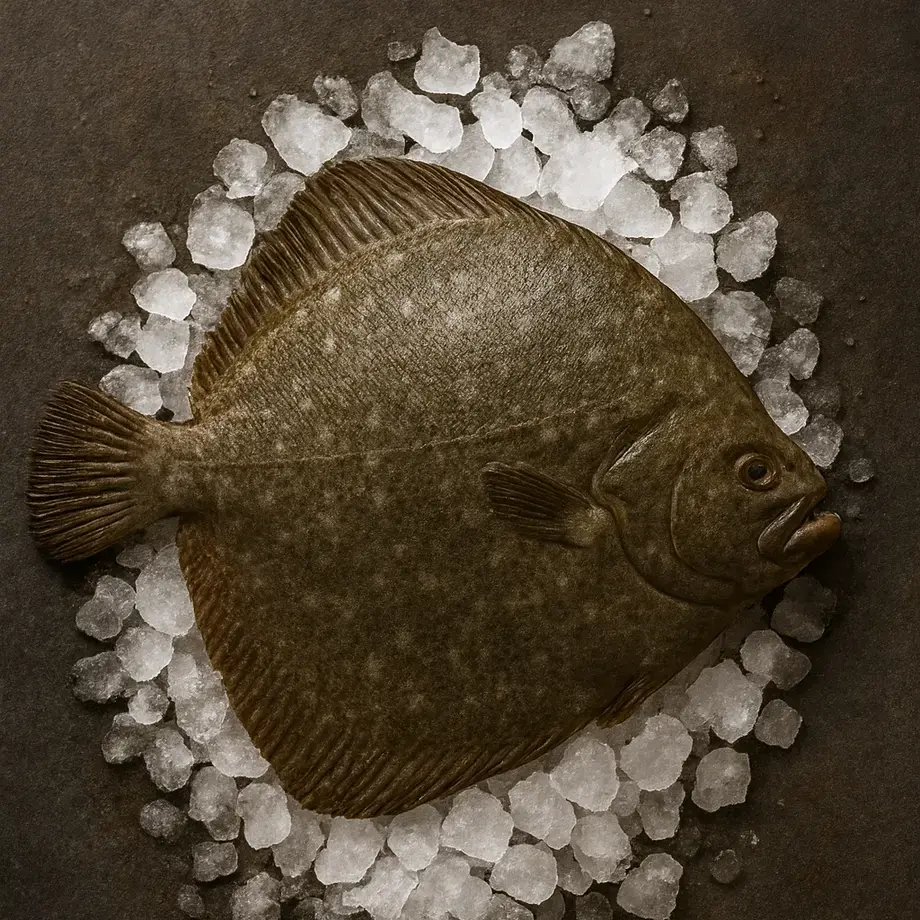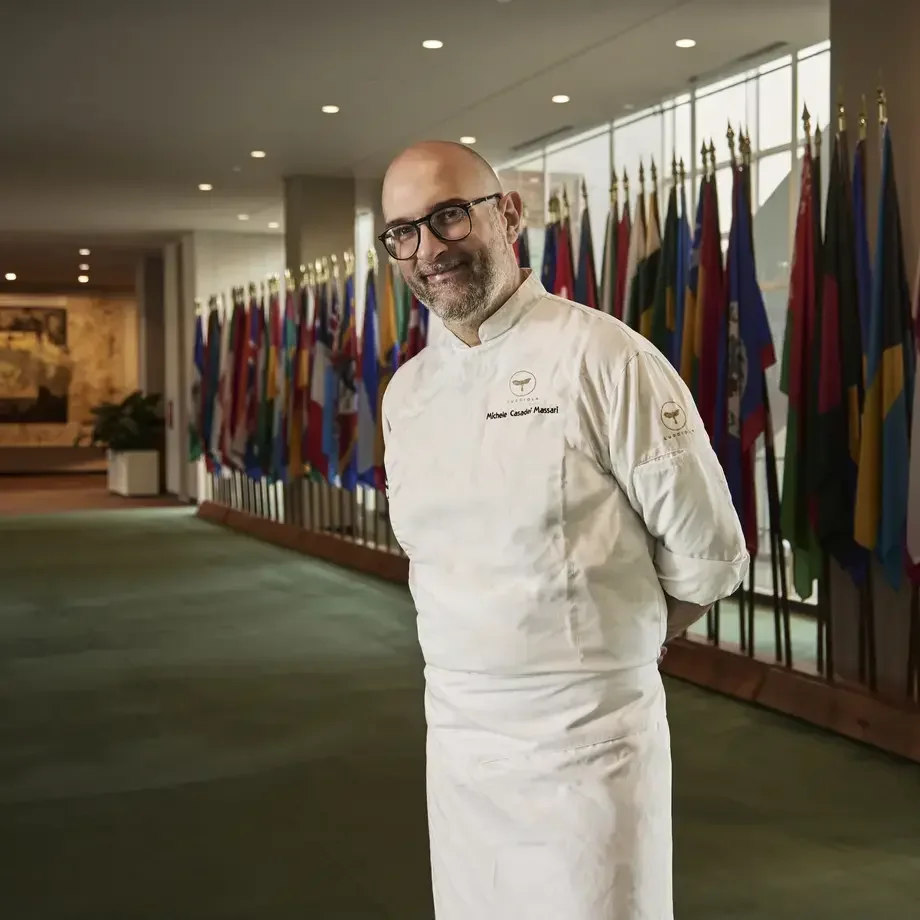The growing season in Québec is short. Winter can last well into May, and by the end of September, the frost is back. As a result, anticipation for spring and summer is fervent, and the desire to spend time puttering in the garden, paddling around lakes, pitching tents in the woods, and enjoying the outdoors is a major pursuit.
That’s where tables champêtres, literally ‘rural tables’ where diners can enjoy a special summer meal, come in. Terroirs et Saveurs, the Québec government’s agro-tourism agency, understands the love of outdoor dining and has made a registered trademark of the term tables champêtres for their own organisation. (They’ve also designed gourmand routes by car and bike for exploring the farms and fields of local growers, cheesemakers, wineries, breweries, and you-pick orchards and fields for everything from apples to haskap berries.)
This year, Terroirs et Saveurs has designated 16 on-farm dining experiences—a 33% increase since last year—throughout the province as part of their mandate.
“Bika Farm is about being an example,” chef Fisun Ercan says. “We want to give people an experience through eating when they’re coming here, eating local vegetables and proteins produced in an eco-responsible way.”
Award-winning Bika, an easy drive from Montreal, is but one example of this type of on-farm dining. Turkish-born Ercan had longed to establish a farm for years; after running successful restaurants in Montreal, she missed the way her life had revolved around seasonality and sought to replicate that in rural Québec. Ercan’s guests are seated at comfortable tables in a spacious greenhouse-inspired structure set back from her large garden, with a view of the gentle bustle of the kitchen. Her menu proudly declares each variety of vegetable and herb she’s growing (barbarella, Turkish and Orient Express eggplants this year, for example), with each course described in detail: a lacto-fermented green tomato juice kicked off a recent meal. Diners bring their own wine to Bika, bringing the DIY spirit to each table.
To qualify as a Terroir et Saveurs table, the farm must meet certain standards, says Caroline Delorme, the organization’s marketing director. “The farm must produce on their own land, there must be a menu, and the menu must include at least 50% of products from their own farm, or local products.”


